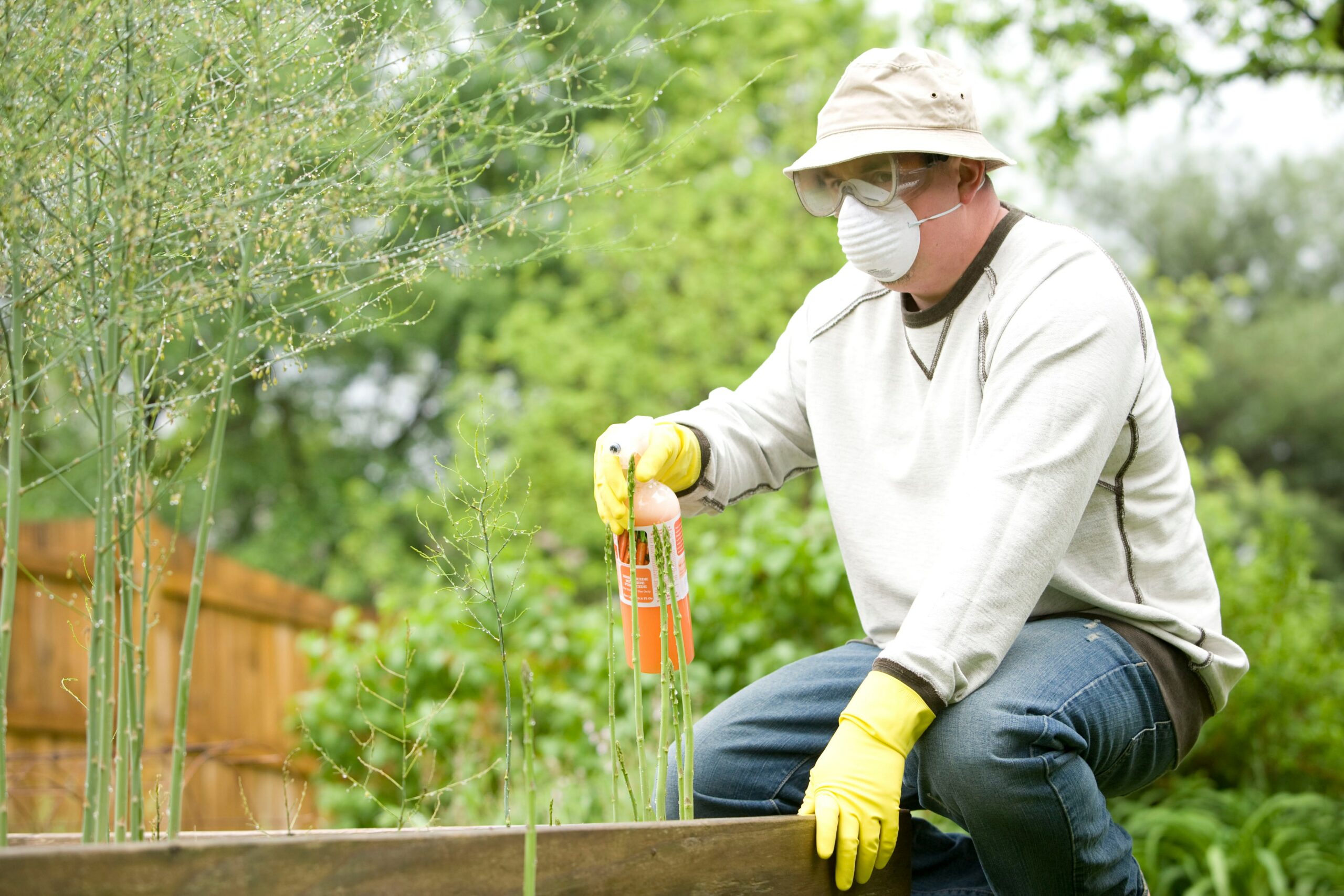
How Do Pest Barriers Work?
For as long as we have lived, we have constantly battled against invading pests that make our lives miserable. In the earliest days, we constantly worked to keep scavengers out of caves, where they would constantly try to steal our food. Today, the battle has changed as our homes have improved, but the war against spiders, roaches, rats, and everything in between has remained largely the same. What hasn’t remained the same is how we have battled to keep the bugs out.
Today, we are blessed to have access to some of the most sophisticated and advanced pest control technology available, and perhaps the most advanced and effective form of pest control is the pest barrier system. In this blog, we’ll explain a little more about what they do, how they work, and why they are such a great choice for virtually any home or business owner.
What Are Pest Barriers?
A pest barrier isn’t a giant wall you erect around your property to keep bugs out. A physical wall simply wouldn’t work—most bugs can climb over them, and plenty more can simply fly in. Instead, the barrier isn’t something that is visible to the eye, and it is erected as more of a perimeter around your home.
A pest barrier is a chemical treatment applied to the exterior of your home that is designed to eliminate bugs and prevent them from getting into your home. However, this isn’t some sort of repellant or magic force field that automatically just turns bugs around and prevents them from coming in. In fact, a pest barrier doesn’t typically repel bugs at all. While some barriers do place down substances that repel certain types of bugs, the problem is that many of those substances don’t keep all bugs out. You would need several different types of substances, and would be inefficient and not cost-effective, in addition to generally not lasting all that long.
Instead, today’s best barriers are actually an effective type of bug poison that is applied around your home’s exterior. As bugs crawl over this barrier, they pick up on the poison as their feet and bodies drag through it. The poison then sets to work, and the bugs generally die off before they can actually find their way into your home.
Bug Barrier FAQ
Are Bug Barriers Toxic?
While we certainly wouldn’t advise consuming any bug barrier products, modern bug barriers have made significant strides when it comes to safety and toxicity. Many people are increasingly concerned about what is applied to the soil around their home, knowing that pesticides could impact the water table (and thus, the world around us). Therefore, companies have made great strides in creating bug barriers that are eco-friendly and safe. This is particularly important when it comes to bug barriers that are installed near vegetable or herb gardens, where they might come in contact with something you plan on eating.
How Long Do Bug Barriers Last?
Bug barriers are generally designed to last several months between treatments, but how long they last will vary from property to property. Areas that are particularly wet or that see a lot of water from irrigation systems will probably need to be re-treated more often than areas that are generally dry. Likewise, homes that have a lot of issues with bugs will probably need more frequent treatments, as more and more bugs will slowly consume the applied product.
Do Bug Barriers Work on Rats & Mice?
Generally, no. Bug barriers are designed to work for insects and spiders, and something as large as a rat or mouse will generally not be deterred by a bug barrier (especially if they can smell a food source inside). Instead, rat and other rodent treatments are a little different and focus more on exclusion by eliminating ways that these pests can get into your home.
Are Bug Barriers Safe for Pets?
Yes! Many manufacturers understand that pets are a common part of homes and that they will often be around bug barriers. Therefore, they have made a great effort to make these products safe for use around dogs, cats, and other animals that might roam in an area where a bug barrier has been applied.
Do Bug Barriers Keep Flying Pests Out?
Yes and no. Flying pests are a different challenge because they can get into your home in areas that may not have been treated. While a pest that crawls must cross the barrier if it wants to get in your home (even if it is going to do so by climbing your walls), a flying bug doesn’t necessarily have to cross the barrier on the ground level. If it does, then the barrier will still get it. But if it flies over the barrier, then the barrier won’t stop it. However, pest experts may treat elevated areas of your home as well as lower areas to maximize barrier coverage and protection.
